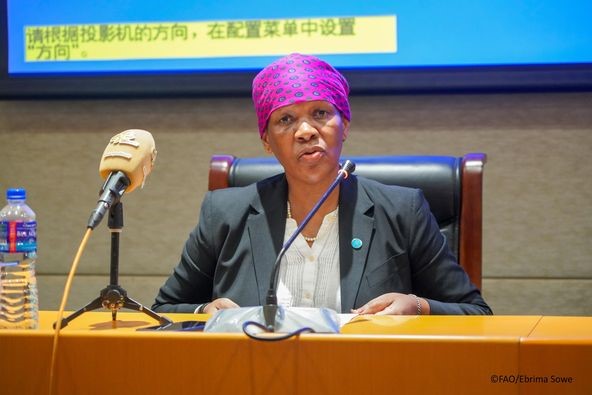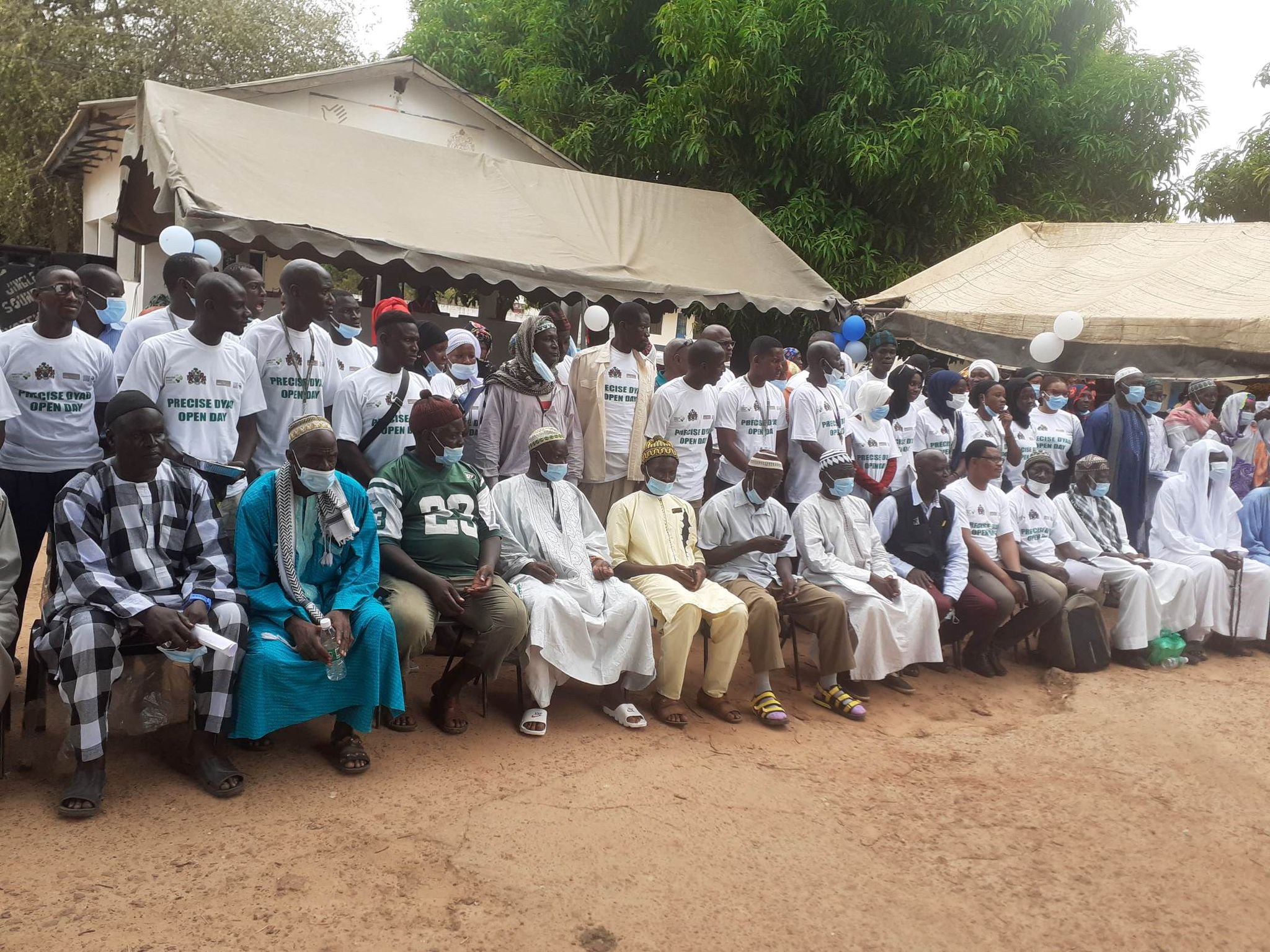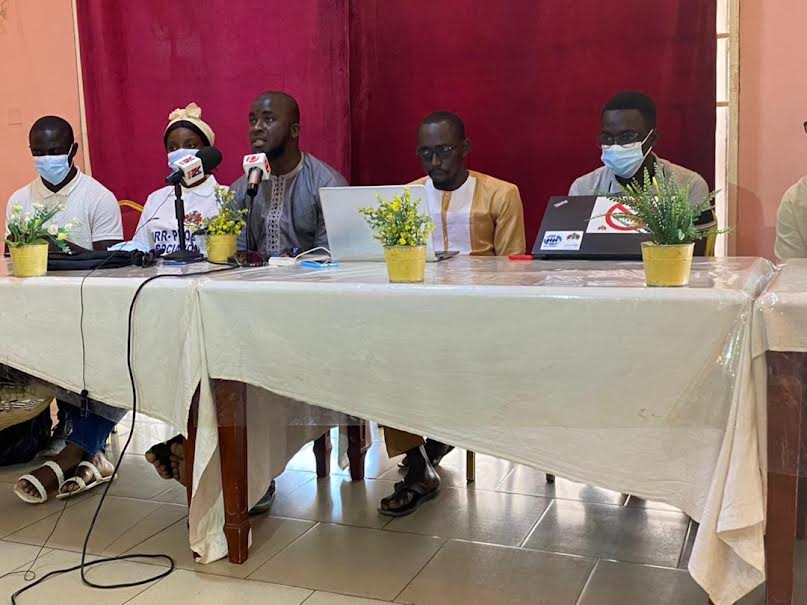By Adama Makasuba
The Food Agricultural Organisation (FAO) has commenced the review of the Gambia’s current policy, legal, institution, and operational frameworks to combat illegal, unreported, and unregulated fishing practices.
The reviewing process revealed at a workshop was aimed to formulate a national strategy and action plan for the Gambia to gradually fulfill the FAO Agreement on Port State Measure (PSMA) requirements, international instruments, and regional mechanisms to combat the Illegal, Unreported, and Unregulated (IUU) fishing practices.
On behalf of the Minister for Fisheries, Water Resources and National Assembly Matters, Permanent Secretary, Fanta Bojang-Samateh-Manneh said “I am hopeful during these five days of deliberations, the existing gaps will be identified for the effective implantation of PSMA to fight against IUU fishing in The Gambia and beyond.”
Moshibudi Rampedi, FAO country representative said “The FAO commends the Gambia for having acceded to the PSMA. The Gambia’s accession to the PSMA on 29th July 2016, clearly indicates the country’s will and commitment to fully implement the provisions of the said agreement in the national policy and legal frameworks.”
“This workshop marks the beginning of a process of FAO engagement with the Gambia to combat IUU fishing through the Port state Measure Agreement (PSMA) implementation. This process requires a strong political will underpinned by a robust fisheries governance and effective legal and institutional frameworks, mechanisms, and processes,” she added
In 2009, the FAO Conference approved the Agreement on Port State Measures (PSMA) to prevent, deter and eliminate illegal, unreported, and unregulated fishing.
The PSMA, she said was aimed to prevent fish caught through IUU fishing from entering national and international markets by preventing the entry into and use of ports by foreign vessels engaged or believed to be involved in IUU fishing. The Agreement entered into force on 5th June 2016. And as of May 2022, there were 70 parties to the agreement.





